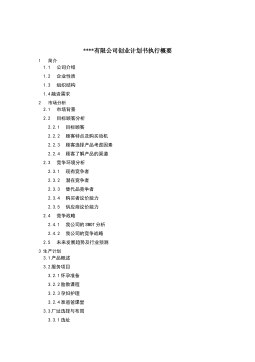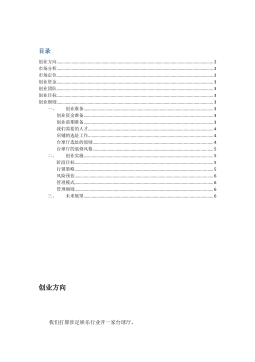基于前景理论的两级行为供应链契约协调问题研究
摘要自20世纪80年代供应链管理的研究开始,20多年来关于供应链的研究已经有了长足的发展。随着技术的发展和经济全球化,供应链管理已成为21世纪管理科学研究的重点领域,对供应链的研究也成为了热门话题,越来越多的人对供应链管理进行深入的研究,供应链管理也出现了新的研究切入点。传统供应链的研究建立在理性人假设的基础上,假设决策主体是风险中性。前景理论的产生和行为经济学的发展,对理性人假设提出了质疑。有限理性假说和前景理论成为了研究含人的系统的指导理论。在实际供应链管理中,决策的主体一般为人,因此有限理性行为始终伴随着供应链的管理活动。行为供应链即研究含人供应链系统中人的认知行为对供应链系统的影响。供...
相关推荐
-
10KV电网D-SCADA 系统信息采集与故障诊断研究与设计VIP免费
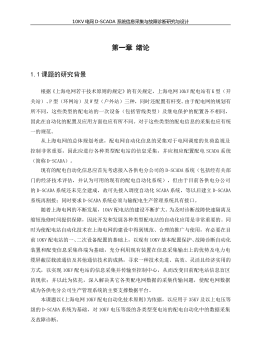
 2024-10-14 24
2024-10-14 24 -
方形吸顶散流器平送风等温射流特性研究VIP免费
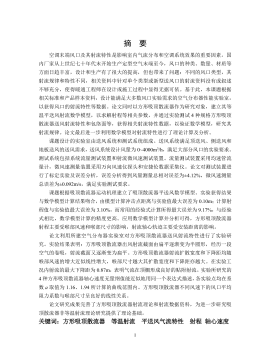
 2025-01-09 7
2025-01-09 7 -
关于充液声导波传感器中频散兰姆波的研究VIP免费
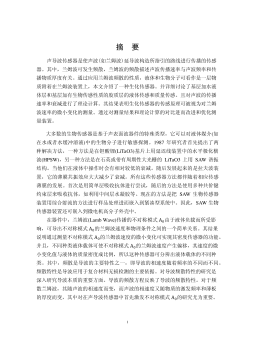
 2025-01-09 10
2025-01-09 10 -
结合梁斜拉桥施工过程中考虑剪力滞影响的分析方法VIP免费

 2025-01-09 6
2025-01-09 6 -
空调房间热舒适性的数值模拟与实验研究VIP免费
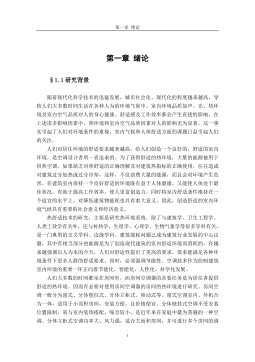
 2025-01-09 7
2025-01-09 7 -
汽车前轮线控转向系统研究VIP免费
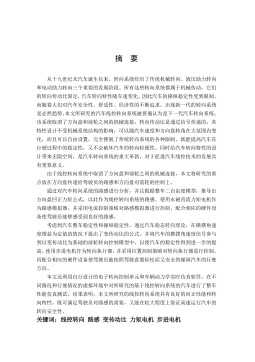
 2025-01-09 8
2025-01-09 8 -
输入分配型混合动力车辆动力系统控制策略研究VIP免费
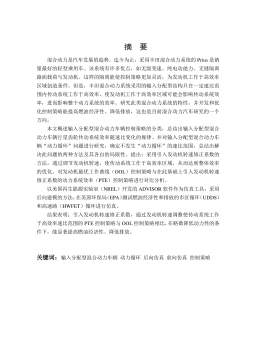
 2025-01-09 7
2025-01-09 7 -
双馈风力发电系统的柔性并网控制研VIP免费
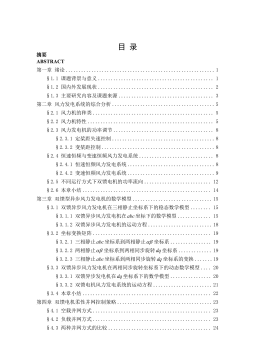
 2025-01-09 9
2025-01-09 9 -
污水处理厂污泥好氧堆肥发酵技术的试验研究VIP免费
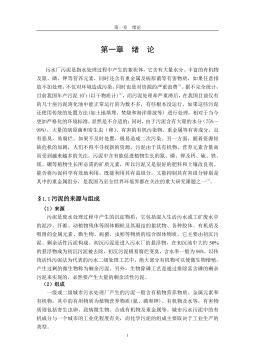
 2025-01-09 7
2025-01-09 7 -
应用风室试验装置的风机性能VIP免费
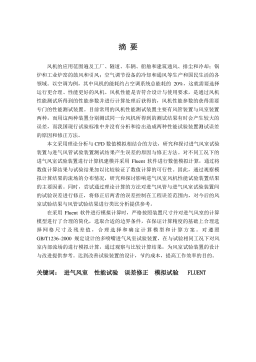
 2025-01-09 8
2025-01-09 8
相关内容
-

汽车前轮线控转向系统研究
分类:高等教育资料
时间:2025-01-09
标签:无
格式:PDF
价格:15 积分
-

输入分配型混合动力车辆动力系统控制策略研究
分类:高等教育资料
时间:2025-01-09
标签:无
格式:PDF
价格:15 积分
-

双馈风力发电系统的柔性并网控制研
分类:高等教育资料
时间:2025-01-09
标签:无
格式:PDF
价格:15 积分
-

污水处理厂污泥好氧堆肥发酵技术的试验研究
分类:高等教育资料
时间:2025-01-09
标签:无
格式:PDF
价格:15 积分
-

应用风室试验装置的风机性能
分类:高等教育资料
时间:2025-01-09
标签:无
格式:PDF
价格:15 积分


